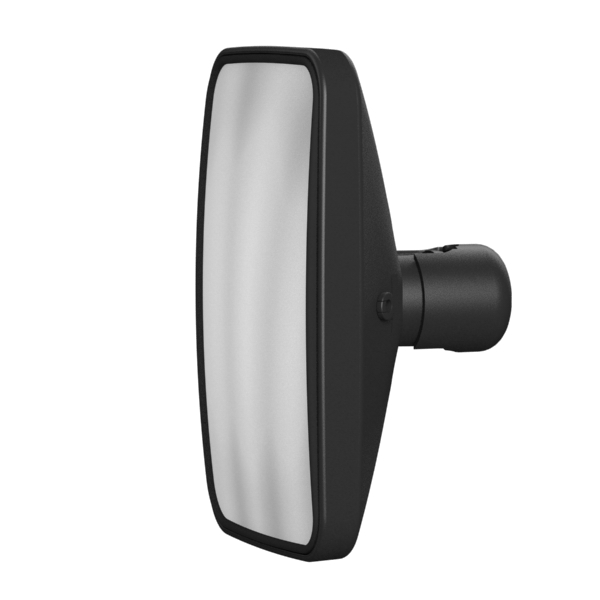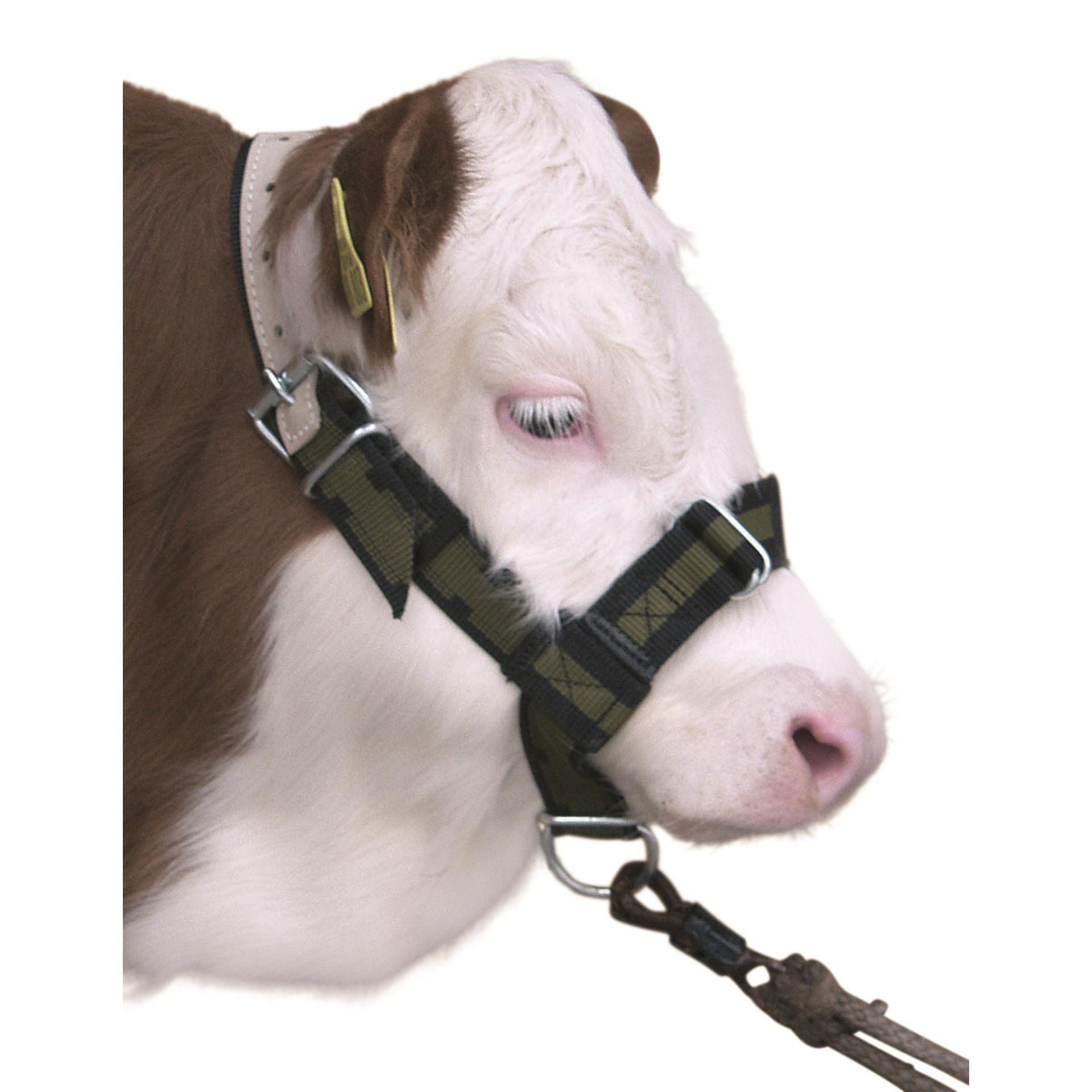New Choice Filtered Land Drainage
No stones, chippings or pebbles required !!!
This Sleeve goes over 4" Perforated Twinwall Pipe
Comes In 6M Lenghts.
90% porous, non clogging, geotextile polypropylene filtering sleeve.Geocomposite everlasting polypropylene product 5 times more mpa compression strength than conventional drainage piping. Time and labour saving, open and close drains in one pass. Multi joint T and Y sections also available. | |
How It Works:
The New Choice Geocell Filtered Sleeve
works on the same principal as the old clay or tile pipe first
invented by the Romans two millennia ago that drained land and
soil for centuries without the use of stone chips or gravel etc.
It goes into the ground back-filled with the soil that came from the
ground, at whatever depth deemed to be suitable to lower the
water table, usually between 2 and 4 feet.
The filtered pipe forms an everlasting artery in the ground
filtering any contamination from ever entering the pipe.
When the water in the immediate surrounding soil enters the pipe
this causes, in scientific terms" negative hydro-static pressure in
the neighboring soil like a dry sponge effect that will always
attract water via the path of least resistance to the New Choice
Filtered Pipe.
This is what causes suction in the soil. Dry soil will and always has,
soaked water. Wet soil or in other words waterlogged or salinated
soil cannot soak water.
All ground regardless of the make up of the soil whether it's of
peaty, marley, doby, heavy, silty or gravely, has been tried and
tested with our Geo filtered Sleeve.
When the water table has been lowered the soils above this table
will dry out more urgently. Try the test method on your soil type
by digging a trial hole between 2 and 4 feet deep. If this trial hole
shows some water in it, then there is no question, our New Choice
Filtered Land Drain Piping will drain the water from this ground
100% effectively and efficiently.
Water that migrates through soil carries no particles,
Water that migrates through stone, chipping, gravel, etc. carries
particles with it.
These particles in turn block, contaminate and form sludge, silt
etc. in all types of drainage over different periods of time,
Soil is and always has been natures own best natural filter.
This in no small way compliments our drainage system to the very
best of its ability.
Remember dry soil will always accept and soak water.
This is the key to all drainage questions.
Remember stone is not and never has been a magnet for water! | |
In conventional corrugated plastic piping 15% of
the pipe needs to have holes or gaps to be left in
the pipes to allow water to transfer from the subsoil
to the pipe and these tend to block with soil or
allow silt into the pipe so blocking it or reducing
the flow of water. This can be partially overcome by
surrounding the pipes with gravel. However with
time even the gravel becomes choked with soil/silt,
so in the latest practices, There is the geo-composite
3D drainage pipe with a geotexti|e" material which
filters out soil particles. The geotextile layer provides
an excellent separation filter for land drainage. Since
it allows the flow of water through the soil without
any clogging of the new choice drainage pipe
filter. The soil will not become saturated, thereby
improving the strength and stability of the soil for
excellent soakage properties.
Maximum plant growth requires, among other factors, a
particular soil-water regime that may exist naturally or be
provided by appropriate irrigation and drainage. Water
table depth plays an important role for soil conservation
as affected on soil properties and crop productivity.
Artificial drainage becomes necessary to control the water
table and maintain a suitable aerated zone. The shallow
water table reduces growth due to decrease rooting
volume and insufticient oxygen. Drainage technology has
developed around two basic needs: (i) to ensure aeration
and trafficability for agricultural soils, and (ii) to provide for
salinity control.
As a consequence, the goal usually has been to design
systems that provide as much drainage as possible. Land
drainage, as a tool to manage ground water levels, plays an
important role in maintaining and improving crop yields:
(i) it prevents a decrease in the productivity of arable land
due to rising water tables and the accumulation of salts
in the root zone. And (ii) a large portion of the land that
is currently not being cultivated has problems of water
logging and salinity. Drainage is the only way to reclaim
such land. Various crops respond differently to specific
soil-water environments; so the key element of the shallow
water table concept is the drainage requirement of the
crop being grown.The determination of the prevailing
specific conditions will permit a good understanding of the
problems and their solutions.
Sole distributors for UK and Ireland. | |














James –
I brought some of this drainage pipe about 12 or 13 years ago and it is still working as good as the day it went in. I recommend you try it I will be going back to get some more.